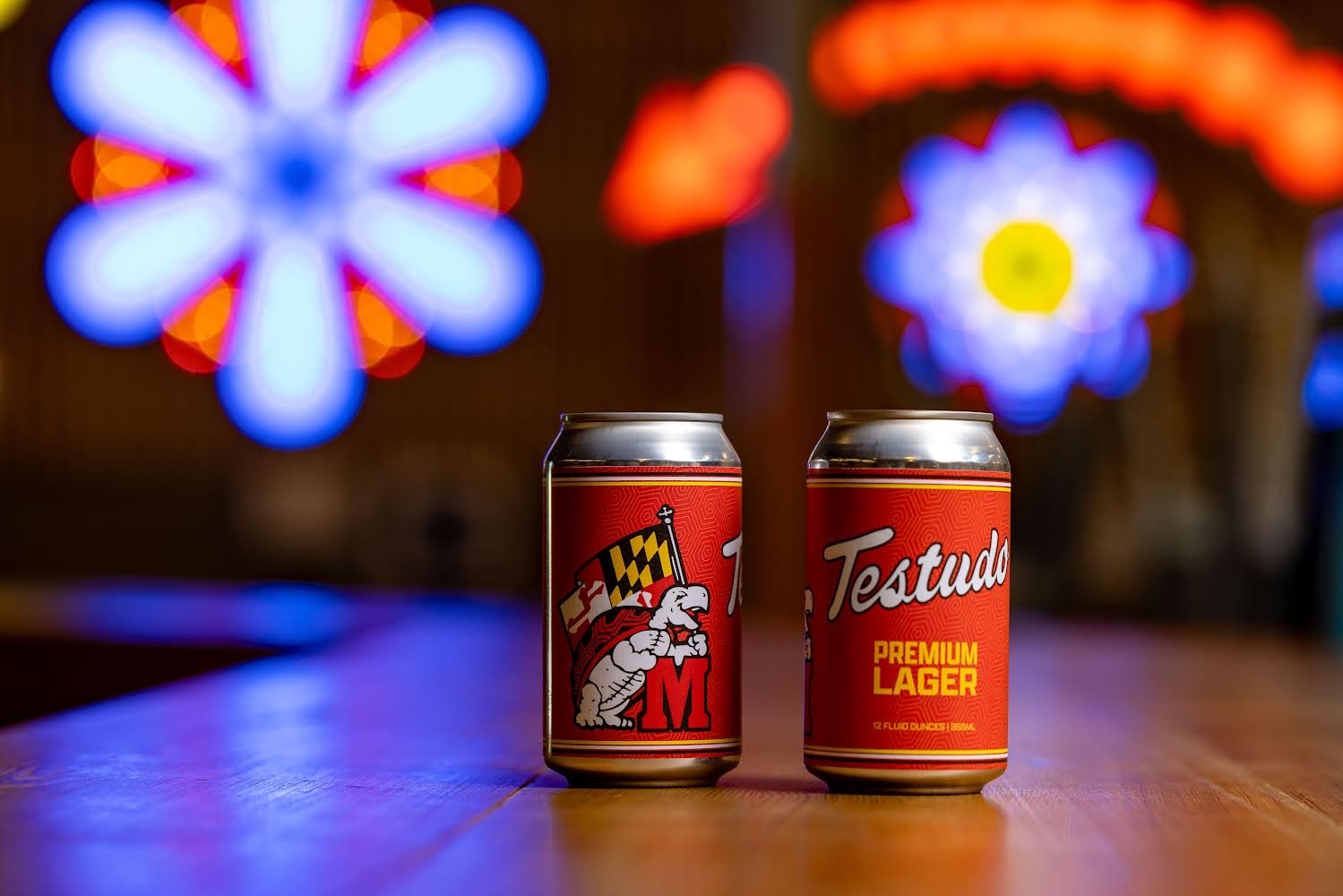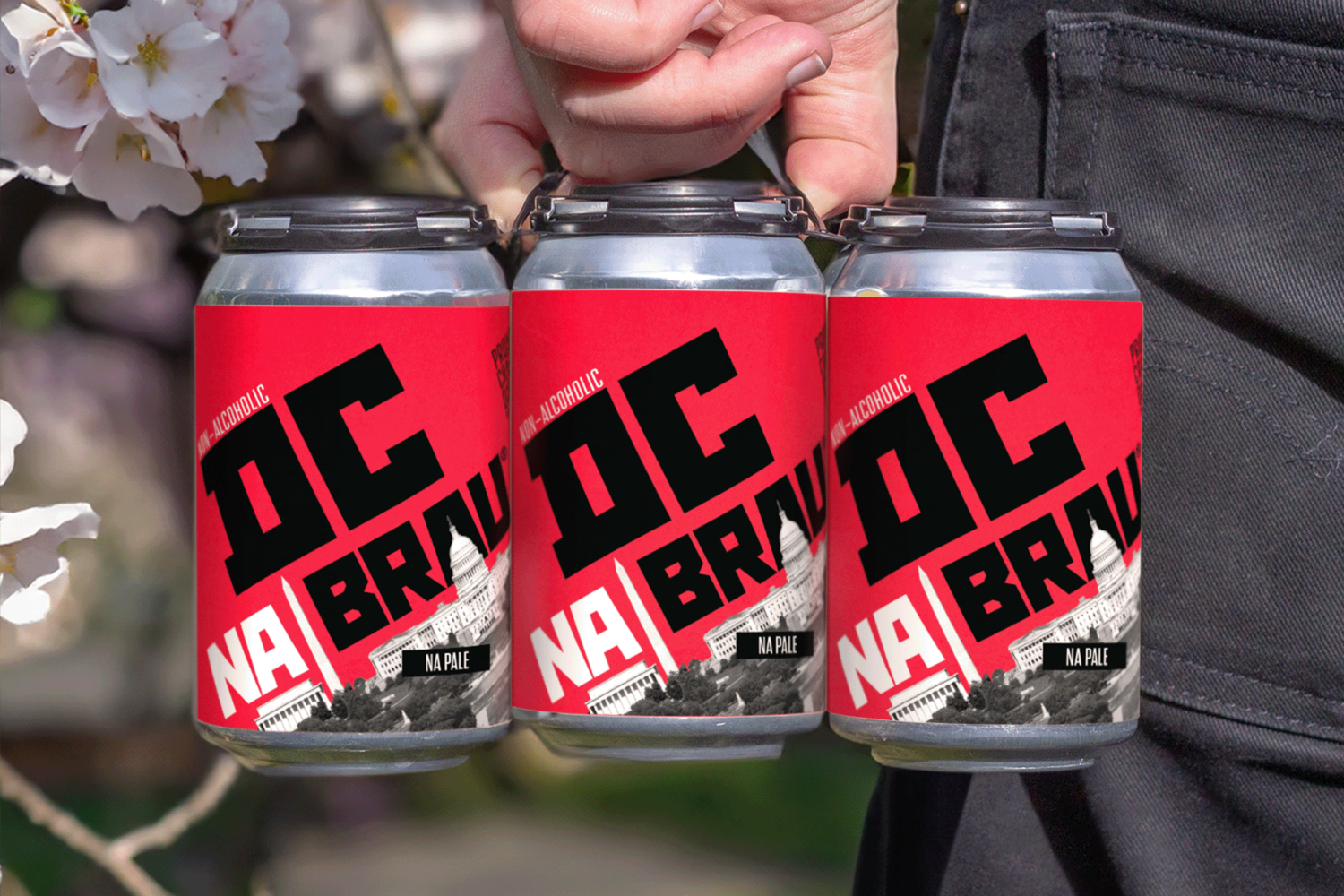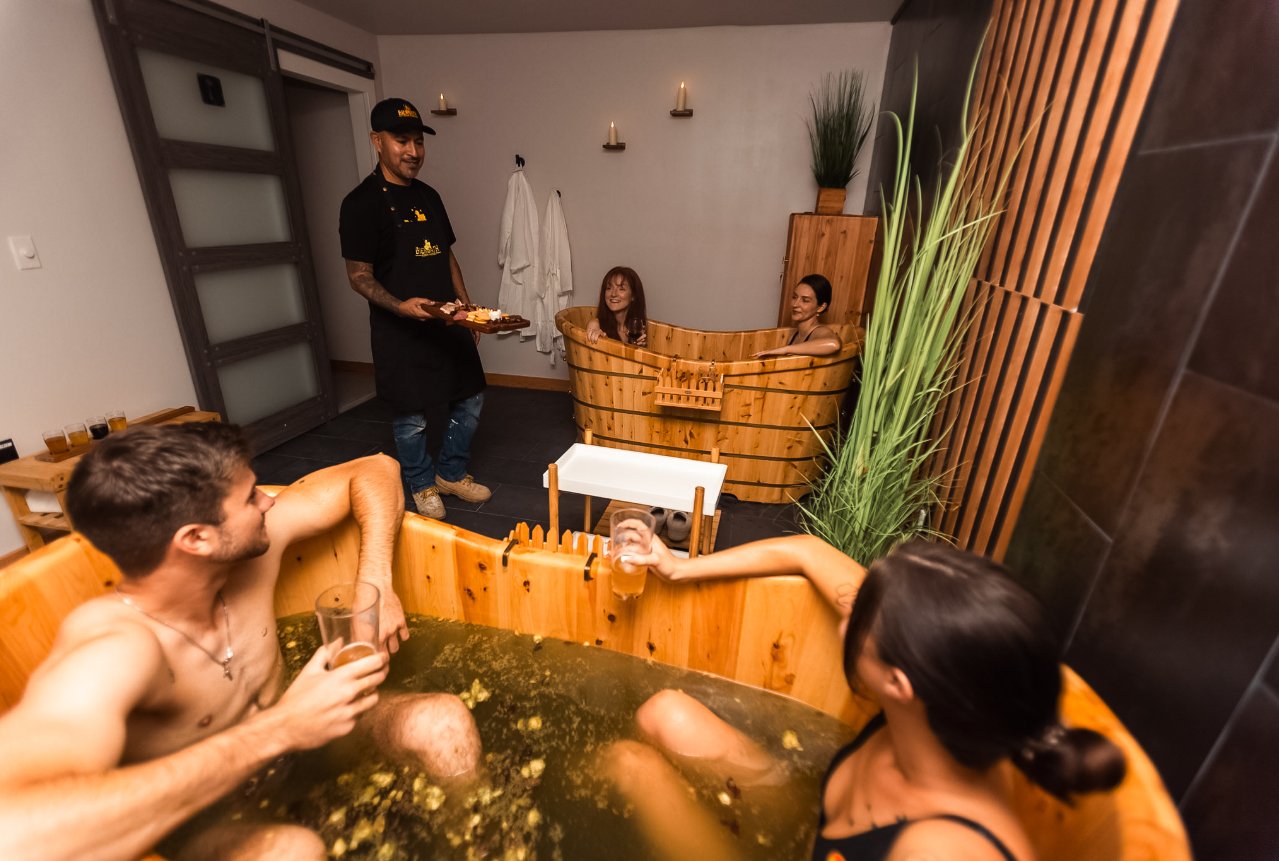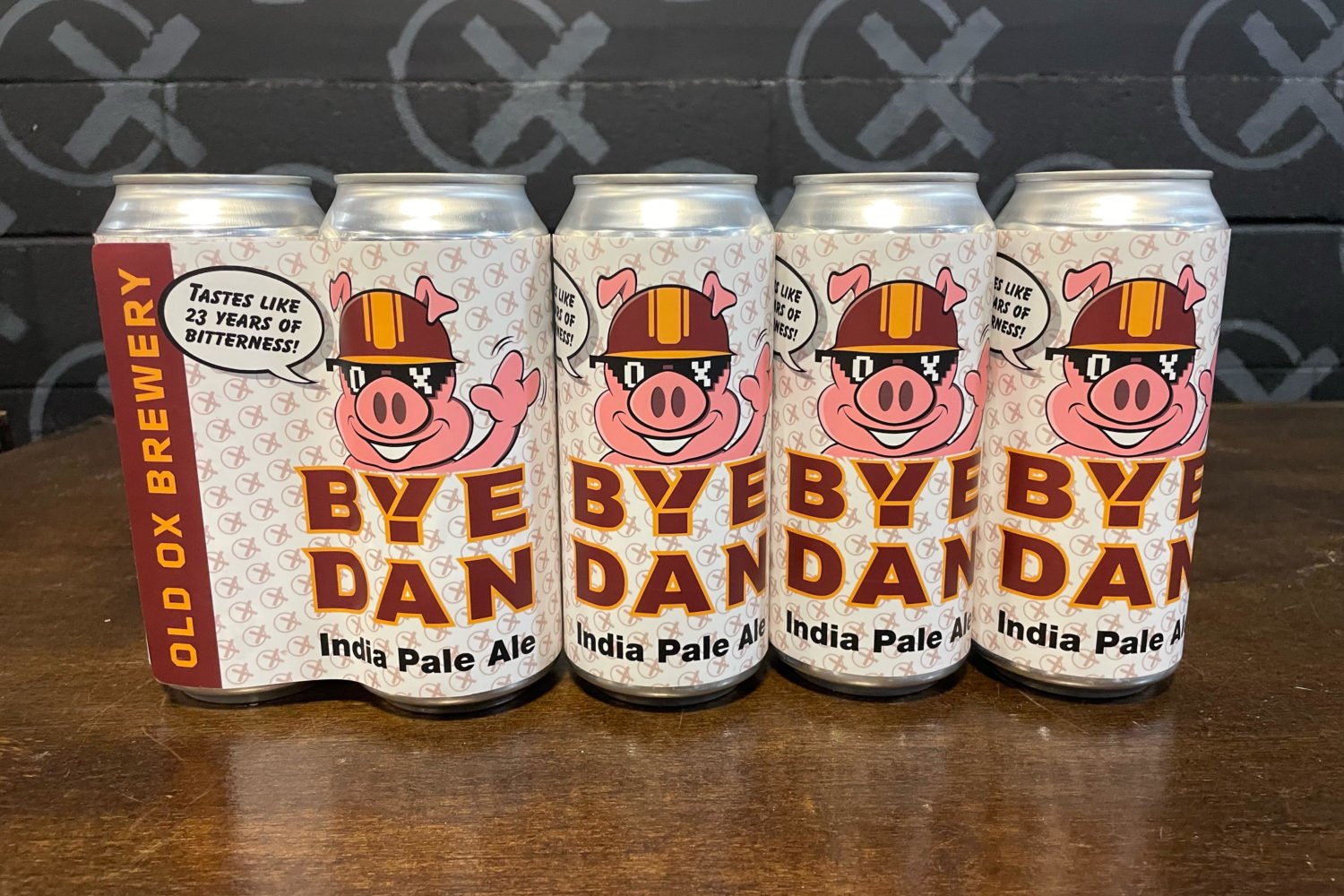Jeff Alworth’s terrific new book, The Beer Bible, is not written with geeks–or bearded middle-aged men in sandals–in mind: “I definitely didn’t write it to cater to people who are really deep into the nerdy stuff,” he says in a phone conversation. “I did hope it would be a book that could translate some of that stuff into information that could be useful for the general public.”
In the book, Alworth, who’ll speak at Busboys and Poets in Brookland Tuesday, manages to catalog the many forms beer has taken over its 10,000-year history without losing sight of the best part of beer: enjoying it. He spent two years researching and writing the volume but says, “I imagine this book reads less like reportage and more like ethnography.” Beer styles, he says, “emerge out of this communication between a brewer and the people who drink it. So the way they drink beer in England really informs the way they brew beer in England. Until you sit in a Belgian cafe with your moule frites and your beer poured out into the proper glass, you don’t fully appreciate that.”
Here’s a condensed and lightly edited Q&A with Alworth:
What were some surprises for you when you were writing this book?
I think the biggest surprise was how important national tradition is to brewing and how if you look at the way any country brews, and I’m not talking here about mass market lagers, which are brewed the same all over the world, but the kinds of beers that are brewed by brewing countries—what I discovered was, if you look at any one of those countries, they look weird by comparison to all the others. They do something and they think about beer in a way that’s very particular, and unusual, and distinctive. And what I discovered going to Europe was that the United States actually has developed its own brewing idiom that to the European countries looks pretty weird.
With the really hop-forward beers, that kind of stuff?
Yeah, exactly. The United States has taken the focus on the flavor and aroma of hops to levels that no other country has ever done. We started out brewing basically English-style pale ales. And now if you take an English-style pale ale and an American-style hoppy ale, they can’t really be said to be at all the same. Now when you go to London and Berlin and Prague you see the brewers there are making American IPAs because they’re so different and they’re so interesting.
That’s fascinating to see the influence boomerang: We don’t have the brewing traditions the UK does.
We’re doing what happened in other brewing countries in Europe centuries ago. And it’s kind of cool, and we haven’t seen a country do this, where they take the process of brewing and they put it through a kind of cultural distortion field, and it comes out on the other side looking unlike all the inspirations. The last country, maybe, was the Czech Republic, when they learned to brew from the Bavarians when they made pilsners and then they made their own thing from that. And now we’re doing it.
Is there anything you’re looking forward to trying in the Washington area?
I have never been to DC, and I am just looking to try beers. Now, any given city will have several or sometimes dozens of breweries. On this tour what’s been interesting to me is going into an alehouse and looking at the board and seeing at least 75 percent of the words there, the brewery names, I’ve never heard of. It’s just fun to walk in and start drinking beer you don’t know anything about.
What do you do when you walk in and you don’t recognize anything?
A good alehouse is sort of like a magazine publisher. They do a little vetting, so you assume if they’re serving it, it’s probably good beer. It’s an easier way to survey what are probably good beers in a city than just pick random breweries. So I pick on style. I walk in, I look at the board, and there are a few styles that demonstrate a brewery’s competence or special talents, so I tend to start out with those kinds of styles and avoid things like stouts and porters, which are fairly typical and there’s not a lot you can do with that. But if I see something like session IPA–American beers can be so individualized that you get a lot of sense of a brewery when you try those. I love saisons. If I see that there are experimental or sour beers, sometimes I try those. Anything that gives me a sense. I have a pretty good nose for sniffing out really good breweries, and part of it starts with taking a good guess based on the style of beer that’s being brewed.
Jeff Alworth speaks at Busboys and Poets in Brookland on Tuesday at 6:30 PM.



















